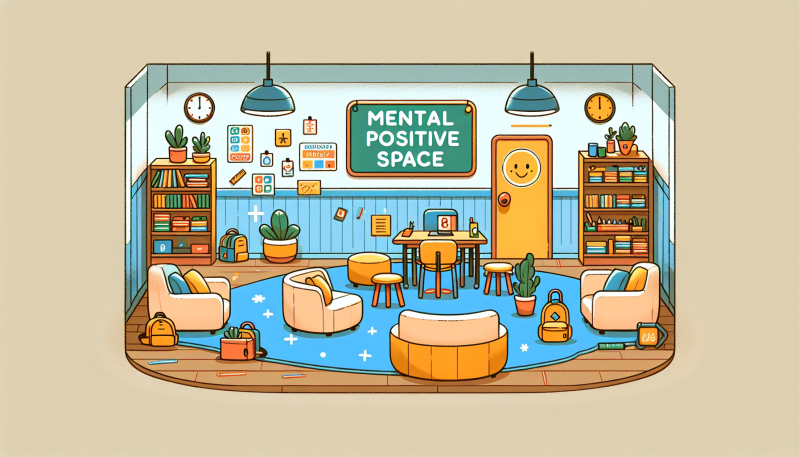As we navigate the complex tapestry of today’s educational landscape, the importance of nurturing a supportive and inclusive environment cannot be overstated. The mission of FriendshipWeek, akin to the spirit of UNICEF but focused intently on the mental wellbeing of school kids and their families, is to illuminate the path toward a more empathetic and understanding generation.
Mental health, kindness, loneliness, and Diversity, Equity, and Inclusion (DEI) are not just buzzwords; they are the pillars upon which we must build the future of education. But how do we integrate these into the fabric of our classrooms? This is where FriendshipWeek steps in, providing a beacon of hope and a set of actionable steps for educators, parents, and students alike.
Let’s explore the FriendshipWeek blueprint for creating compassionate classrooms that can foster mental well-being and promote inclusivity, one school at a time.
### Cultivating an Environment of Kindness
Kindness is the simplest yet most profound gift we can weave into the educational experience. By instilling empathy and compassion as core values, we lay the groundwork for students to understand and support one another. FriendshipWeek encourages initiatives such as ‘Random Acts of Kindness’ weeks, where students and staff are challenged to perform and share kind deeds, creating a chain reaction of goodwill.
### Understanding and Addressing Loneliness
In an age where digital connections often overshadow face-to-face interactions, loneliness has emerged as a silent epidemic among youth. FriendshipWeek prioritizes the creation of inclusive spaces where every student feels seen and heard. Through programs like peer buddy systems and inclusive playgrounds, we can ensure that no child feels isolated during their formative years.
### Prioritizing Mental Health Education and Support
Just as physical education is a staple in schools, mental health education should hold equal importance. FriendshipWeek advocates for a curriculum that includes mental health literacy, teaching students how to recognize signs of distress in themselves and others, and how to seek help. Additionally, providing access to school counselors and creating designated ‘quiet spaces’ can offer much-needed support and respite.
### Advancing DEI Initiatives
Diversity, Equity, and Inclusion must be more than just a checklist; it should be an ongoing commitment to representation and fairness in all school-related activities. FriendshipWeek workshops and training sessions for staff can help dismantle biases and build a foundation for equitable treatment of all students.
### Encouraging Parental Involvement
A child’s environment at home is as crucial as the one at school. FriendshipWeek aims to bridge the gap between home and school by providing resources and forums for parents to understand and participate actively in their child’s mental and emotional development.
### Building a Digital Community
In the spirit of fostering connections, creating a digital community where educators, parents, and students can share experiences, resources, and encouragement is key. A FriendshipWeek app or online platform could serve as a hub for collaboration and support among all stakeholders in a child’s education.
In conclusion, the mission of FriendshipWeek is not just about a single week of activities, but about igniting a movement towards a future where every classroom champions mental health, kindness, inclusivity, and equity. Let us all come together to create a tapestry of change, thread by thread, until every school reflects the rich diversity and potential of its students.
Join the FriendshipWeek movement. Together, we can make compassion the most taught subject in schools.[Insert shareable infographic about the FriendshipWeek blueprint for compassionate classrooms]



